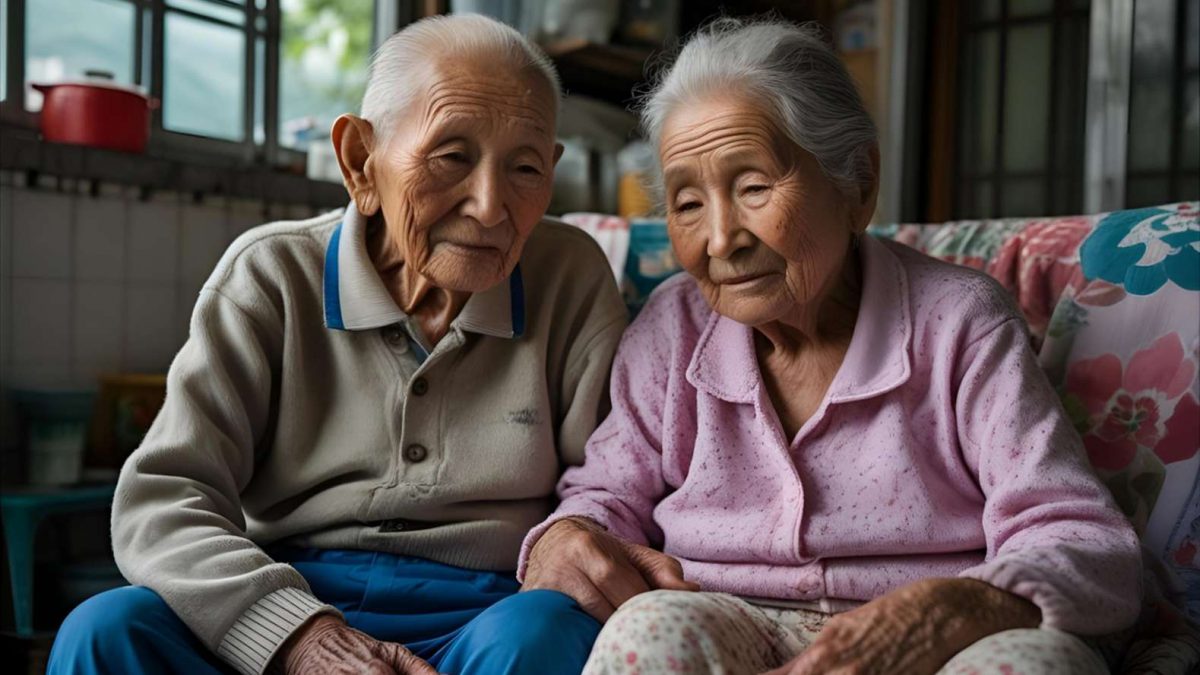Insights into the Lives of Community Carers and the Cared
Youth I.D.E.A.S. 84
Society and Livelihood —— Insights into the Lives of Community Carers and the Cared
Hong Kong’s care policy has established “ageing in place as the core, with institutional care as back-up.” This means the elderly are mainly to be cared for by the family, with community services as support, i.e. most caregiving is provided by family members. As the ageing population combines with a declining birthrate, home carers encounter increasing pressures, which challenge the effectiveness of the “ageing in place as the core” policy.
Some tragic incidents showed that carers often face high stress and emotional struggles, raising concerns about whether current policies are adequate. As carers and elderly care recipients are closely connected and influence each other, more research is needed to understand these dynamics to improve communication.
This study aims to offer fresh insights into the challenges and emotional dynamics of ongoing care relationships, amid Hong Kong’s rapidly ageing population.

Publication
Click to Read More
Research Background
Hong Kong’s care policy began with the 1977 Green Paper establishing “ageing in place as the core, with institutional care as back-up”. This means the elderly are mainly to be cared for by the family, with community services as support, i.e. most caregiving is provided by family members.
According to the Census and Statistics Department, about 330,000 elderly persons in Hong Kong require long-term care, with 164,000 unpaid carers—mostly close family. The Hong Kong Council of Social Service estimates there are up to 1.12 million carers, with over 40% looking after the elderly, with many who are elderly themselves. As the ageing population combines with a declining birthrate, home carers encounter increasing pressures, which challenge the effectiveness of the “ageing in place as the core” policy.
While the policy originally focused on care recipients, recent years have seen more attention given to carers’ needs. However, some tragic incidents and survey findings showed that carers often face high stress and emotional struggles, raising concerns about whether current policies are adequate.
Carers and elderly care recipients are closely connected and influence each other. Some elderly are worried about being a burden, which adds to carers’ pressures. More research is needed to understand these dynamics to improve communication.
Also, while strong community support is key for “ageing in place” the resources and manpower are lacking, leaving some families feeling unsupported. Even with disability-inclusion initiatives, community facilities are still insufficient.
Research Method
This study aims to offer fresh insights into the challenges and emotional dynamics of ongoing care relationships, amid Hong Kong’s rapidly ageing population. The qualitative study, conducted between 16 May and 13 June, interviewed 36 carers and elderly care recipients, along with 6 subject-matter experts.
Main Discussion
- Hong Kong’s “ageing in place” policy encourages families to care for the elderly. While this matches most people’s wishes, an ageing population and changing family structures make it difficult to put into practise. Recently, more attention has been paid to carers’ struggles, showing a gap between policy ideals and reality.
- Home caregiving is a long-term challenge. Many carers start with little preparation and must quickly adapt their knowledge, skills, and mindset. Research shows carers often sacrifice work, rest, and social life, adding to their stress.
- Good care depends on healthy interactions and mutual understanding between carers and cared. In reality, conflicts often arise, adding extra strains to these relationships.
- Strong community support and accessible facilities are essential for effective home care. However, many facilities are not elderly-friendly, making daily life, doctor visits, and transport difficult. Improving community support with a people-first approach is important.
- Gerontechnology could ease pressure and improve care, but many worry it is hard to use or impersonal, which hinders widespread use.
- Although caregiving can be suddenly needed, early planning helps. As policies shift towards autonomy, it is important for everyone to plan ahead to improve the reality of ageing.











